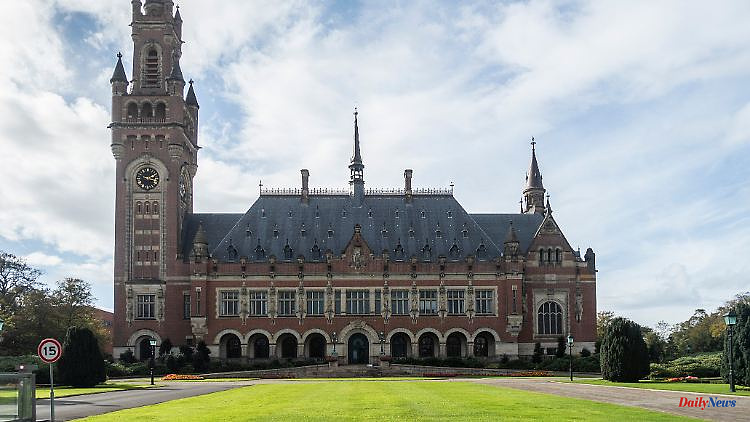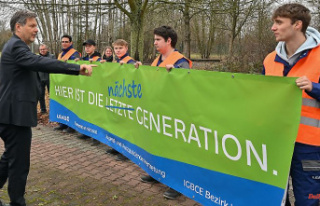For more than three decades, Armenia and Azerbaijan have been at odds over the Nagorno-Karabakh region. The conflict has claimed the lives of tens of thousands. The International Court of Justice is now demanding free access to the region and has accused Azerbaijan of blocking it. It is questionable whether the country will comply with the request.
The International Court of Justice (ICJ) has ordered Azerbaijan to lift the blockade of a key corridor to the Nagorno-Karabakh region disputed with Armenia. Azerbaijan must take all "available measures" to ensure "unhindered traffic" through the Lachin Corridor "in both directions", said the presiding ICJ judge Joan Donoghue in The Hague. In addition, the ICJ rejected a lawsuit brought by Azerbaijan against the alleged laying of land mines by Armenia.
Since mid-December, Azerbaijani activists have blocked the Lachin Corridor, the only road linking Nagorno-Karabakh with Armenia, to protest what they believe is illegal mining. As a result of the blockade, the enclave is suffering from a shortage of food, medicine and fuel, according to Armenian sources. Donoghue confirmed on Wednesday there were "shortages of food, medicine and other life-saving medical supplies" as a result of the blockade.
Azerbaijan and Armenia had appealed to the ICJ to obtain emergency measures in the decades-long Nagorno-Karabakh conflict. Armenia initially demanded the lifting of the blockade of the Lachin corridor. Azerbaijan responded with a lawsuit accusing Armenia of laying deadly land mines.
The ICJ now refused to issue an order to Armenia to stop laying land mines. Azerbaijan has not provided "evidence of the behavior alleged against Armenia," Donoghue said. Azerbaijan accuses Armenia of laying 2,700 mines since a ceasefire agreement was signed in 2020.
The ICJ is the highest judicial authority of the United Nations. Its judgments in disputes between UN member states are binding, but the court cannot enforce the implementation of the decisions.
Azerbaijan and Armenia have been at odds over the Nagorno-Karabakh border region since the collapse of the Soviet Union in 1991. It is estimated that around 30,000 people have been killed in military confrontations around the area since the 1990s. Fighting in 2020 that left more than 6,500 dead was ended by a Russian-brokered ceasefire agreement. Armenia had to give up large areas.
Despite the recent rapprochement in peace talks between the two countries, the risk of the conflict escalating again remains high. An EU observer mission in the region with around a hundred employees began on Monday.












